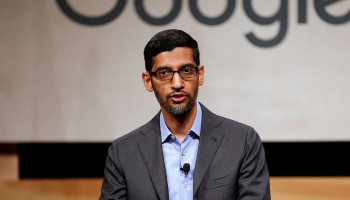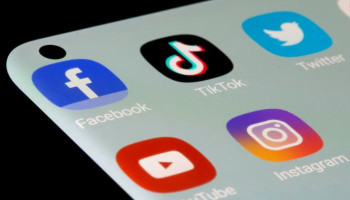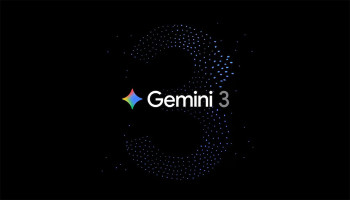
The US Securities and Exchange Commission (SEC) has nullified Apple and Disney’s request to exclude pioneering shareholder proposals urging them to submit reports on the use of artificial intelligence AI.
However, both companies argued that the proposals could be set aside as they intrude into the company’s "ordinary business operations."
Disagreeing with the view, the SEC stated in a statement, "In our view, the Proposal transcends ordinary business matters and does not seek to micromanage the Company," the agency wrote in separate letters, according to a Reuters report.
Read more: SpaceX faces lawsuit for unjustly firing employees
AFL-CIO, the biggest labour union federation in the US, has also put forth a similar resolution, calling on firms, besides tech giant Apple and entertainment giant Disney, to publish a report to reveal whether they are following ethical “guidelines to protect workers, customers and the public from harms related to the use of AI.”
The resolution has also bound Netflix, Comcast and Warner Brothers Discovery to submit similar reports on the adoption of ethical guidelines.
The labour union asked Apple to submit a report on the company's use of AI "in its business operations and disclose any ethical guidelines that the company has adopted regarding the company’s use of AI technology." Similarly, Disney was also asked to report on its board's role in overseeing AI usage.
In a statement addressed to Apple, the AFL-CIO stated, "AI systems should not be trained on copyrighted works, or the voices, likenesses and performances of professional performers, without transparency, consent and compensation to creators and rights holders."
In view of the rising deployment of AI technology, apprehensions have also begun mounting, fearing that the generative technology could replace or infringe on creativity and professionals and their work.
AFL-CIO in its recent statement stated that large firms are “rushing to adopt AI technology,” which in the entertainment industry can be “used to create literary materials and replace human performances.”
















